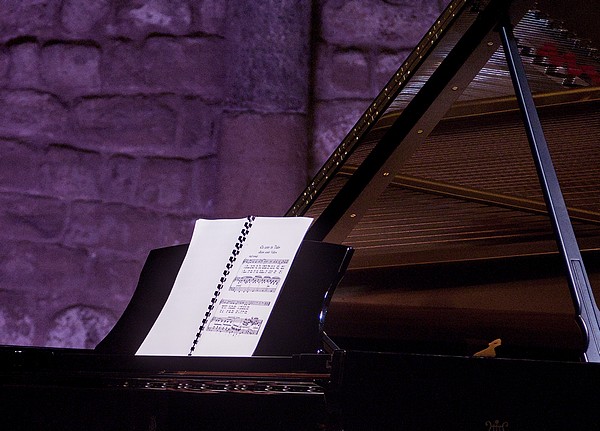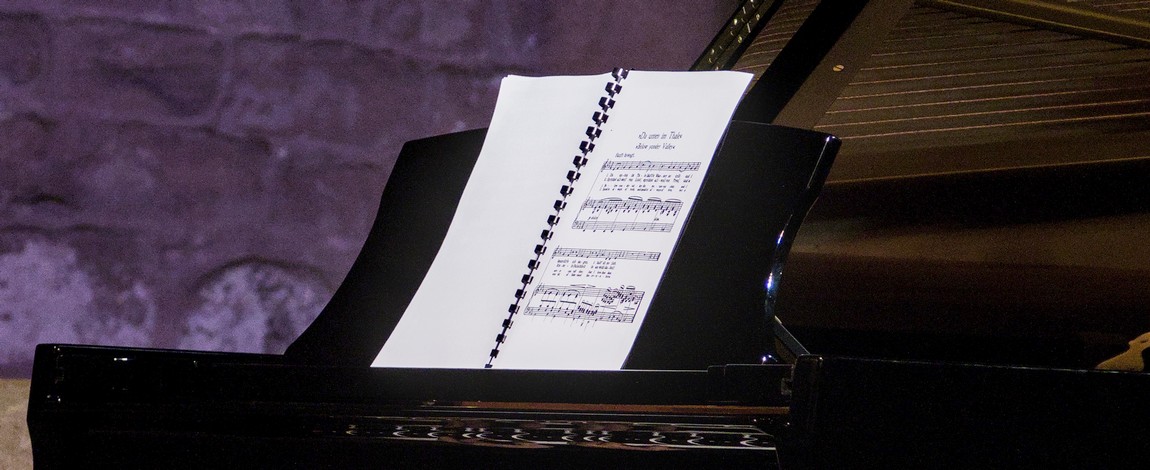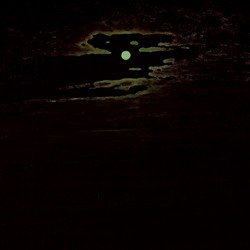
As I mentioned last week, these are days of musical hangover. The Schubertíada ended on Sunday; the head is still full of music and emotions and, until the holidays arrive, there is work to be done. I have not had the peace of mind or time to open the season properly. Will you still allow me a short article?
The music is by Johannes Brahms, with a song called Da unten im Tale [Down in the valley there], which we listened to three times in Vilabertran. Two were planned, Julia Kleiter and Julius Drake, and Beth Taylor and Hamish Brown included it into their programmes. The third was an encore, offered by Andrè Schuen and Daniel Heide. Several people asked me for the name of the song at the end of this concert; in fact, it was the most requested encore. I thought it was a well-known song, but I was wrong, and I made a mental note to listen to it on Liederabend some week. What could be better than this week.
Da unten im Tale is one of the forty-nine folk songs included in the Deutsche Volkslieder, WoO. 33, which Brahms published in 1894 after having worked on it for forty years. This will be the fourth song of the collection that we will listen to here (you can find the other three in the Related Articles), so I will not insist much more that it is full of pearls. Da unten im Tale is No. 6 and therefore is included in the first notebook of the seven that make up the collection. Although it is not usually indicated, I could not explain why, in the song, originally written in Swabian German, we hear two poetic voices. He begins, and he and she alternate until she sings the fourth and final stanza. The beautiful melody of Brahms' song clearly reflects both the pain of the break and the serenity with which both accept it (the thing is that they talk, but they don't listen to each other). We will also listen to it in a beautiful version by Fritz Wunderlich and Josef Müller-Mayen.
Da unten im Tale
Läufts Wasser so trüb,
Und i kann dirs net sagen,
I hab di so lieb.
Sprichst allweil von Liebe,
Sprichst allweil von Treu,
Und a bissele Falschheit
Is auch wohl dabei.
Und wenn i dirs zehnmal sag,
Daß i di lieb,
Und du willst nit verstehn, muß i
Halt weiter gehn.
Für die Zeit, wo du g’liebt mi hast,
Dank i dir schön,
Und i wünsch, daß dirs anderswo
Besser mag gehn.
Down in the valley there
the water flows so sadly,
and I can't tell you
that I love you so.
You always speak of love,
you always speak of fidelity,
but a bit of falsehood
is always there too.
And if I tell you ten times,
that I love and like you,
and you do not want to understand,
then I will have to move on.
For the time that you have loved me,
I thank you kindly,
and I wish that somewhere else
things may go better for you.
(translation by Emily Ezust)

















Comments powered by CComment